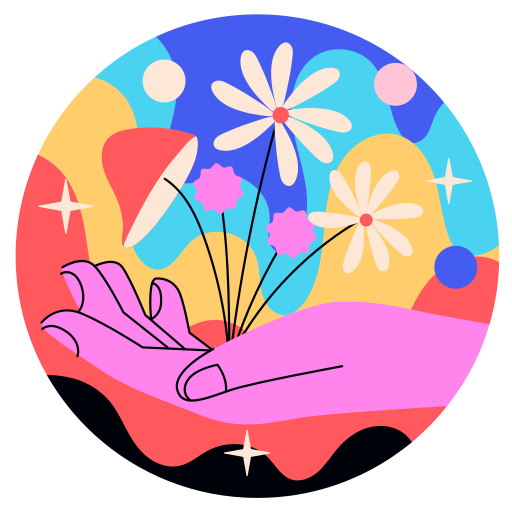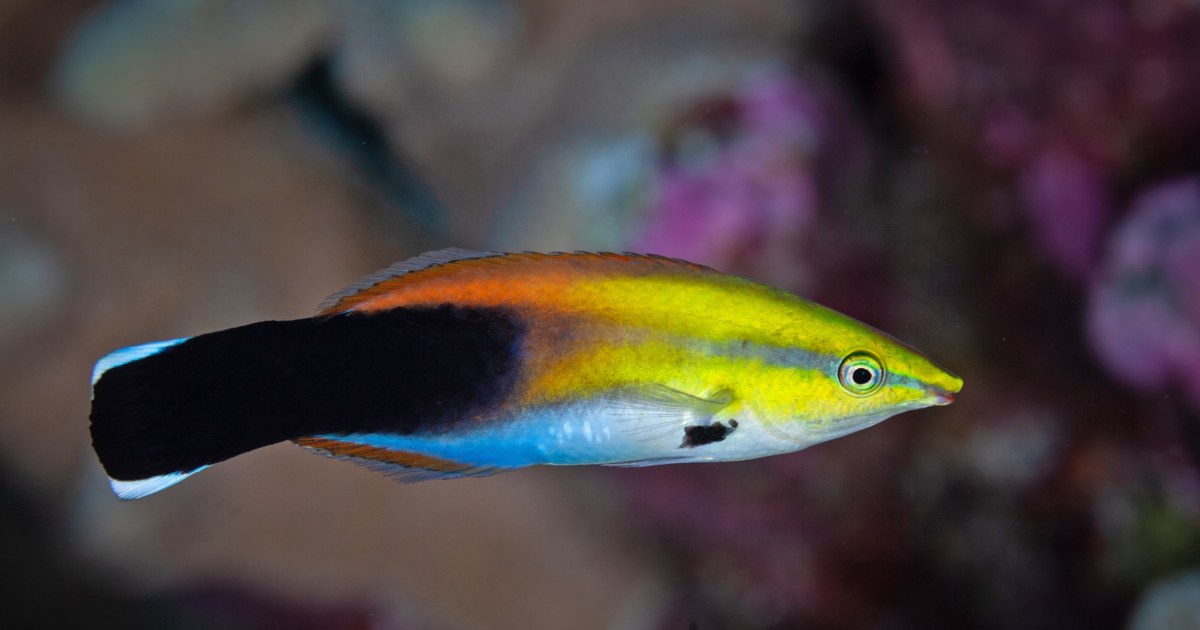I’m sorry but even this won’t make me a vegetarian. Hopefully lab grown meat advances so I can continue to eat meat without weighing on my conscience.
I always kinda assumed insects where sentient. I’ve seen a bumblebee get excited over finding a flower with a lot of pollen in it.
An insect that is semi squashed is very clearly suffering and aware of its own suffering
I’ve always felt the same, but that’s empathy talking. It’s been difficult to prove that the action is anything more than neurological response. I’m happy to see science is finding evidence to support what instinct has been telling us.
I saw a wasp or bee (idk) approach me (I was holding some kebab), fly around my face for a couple of seconds, land on the kebab, use her fucking mouth like scissors to cut off some meat just large enough that she could carry it, and fly off with it. She tumbled a bit when flying off with it at first, but then she managed. It was like a movie scene.
I think this new model makes a lot more sense. It is clear many organisms experience sensation and it goes beyond some innate programming to avoid danger.
I’ve always thought of consciousness as a bottom-up phenomenon. Less conscious things come together to create a larger consciousness.
No evidence of that, obviously. But if we’re all assuming things, that’s what I’d assume.
That’s a pretty cool theory, and you’re not alone. Pierre Teilhard de Chardin theorized that all life is evolving into a universal collective consciousness. Renown physicist and mathematician David Darling theorized that God is possibly a collective human consciousness that reached back through time and created itself. What’s wacky is that he has some mathematical formulas to substantiate parts of his theory.
I like the idea. If we ever figure out what consciousness actually is, maybe we’ll figure out how it adds up across its components.
Actually, surprisingly, I recently had a text on topic during my English studies, and it actually describes a useful perspective:
"Is play the new tool to use? A recent paper recounts bumblebees rolling tiny wooden balls, not for a reward, but apparently just for fun. The authors conclude that the behavior fulfills the criteria for play, with one noting: “It goes to show… that despite their small size and tiny brains, they are more than small robotic beings.” Put another way, bees just wanna have fun, and that presumably makes them more like people.
This discovery underscores a long-standing conflict in our view of animals. On the one hand, we want to find the features that distinguish humans from other animals: tools, language, a theory of mind (in which animals can infer the mental states of others). On the other, we delight in finding animals that breach those boundaries: chimps, crows and now bees that use tools, dolphins with signature whistles. But what do those boundaries mean?
Not much, or at least not what people sometimes think. As an evolutionary biologist who studies animal behavior, Lam is bemused by this effort to rank animals by their capabilities. The ranking is wrong not because animals lack amazing abilities, but because evolution doesn’t produce an organization like the military, with the equivalent of amoeba privates and primate generals. Instead, everything that is alive today is just as evolved as everything else. Some species (crocodiles and cockroaches, for instance) look more like their ancient ancestors than others and may well behave more like them, but that doesn’t mean some creatures are more or less highly evolved than the rest.
You might think that calling attention to bees and other animals that do things we didn’t think they could do would be a way to circumvent this ranking and make our view of nature more realistic. But it isn’t. It is pointless to elevate creatures, whether bumblebees or chimps, so that we can put them in an exclusive club that used to only contain humans.
Underpinning these efforts is a desire to show that animals, even tiny ones with lots of legs, are like us and shouldn’t be dismissed as automatons. I applaud that desire. But we can recognise animals for what they are, and be awestruck at their abilities, without having to make their behavior mirror that of humans. Bees may play, but that doesn’t mean they are like children with exoskeletons.
Once we get out from under the tyranny of those rankings, of thinking that animals have to be like people with human motivations and feelings, we are freed up to consider the mechanisms behind the behaviors. Often, that involves convergent evolution. For example, the same neurotransmitter — serotonin — influences anxiety in humans and maze exploration in crayfish. In a tank divided into well-lit and shadowy areas, crayfish explore both, but prefer the dimmer areas, consistent with their nocturnal lifestyle. Crayfish stressed by mild electrical shocks avoided the light sections of the maze, a response that was linked to their serotonin levels and that could be altered by a serotonin inhibitor.
If we can let go of the impulse to rank animals, we might find out that our intuition is wrong. And being wrong is one of the most productive things about science."
TL;DR Animals evolve to have all sorts of traits we may perceive as “humanlike”, but that’s just a product of our fallacies that drive us to put animals into an exclusive “human club” - in fact, they just evolve to have various traits we see in ourselves, just like animals with other unique properties.
They are still freaking monstrous




